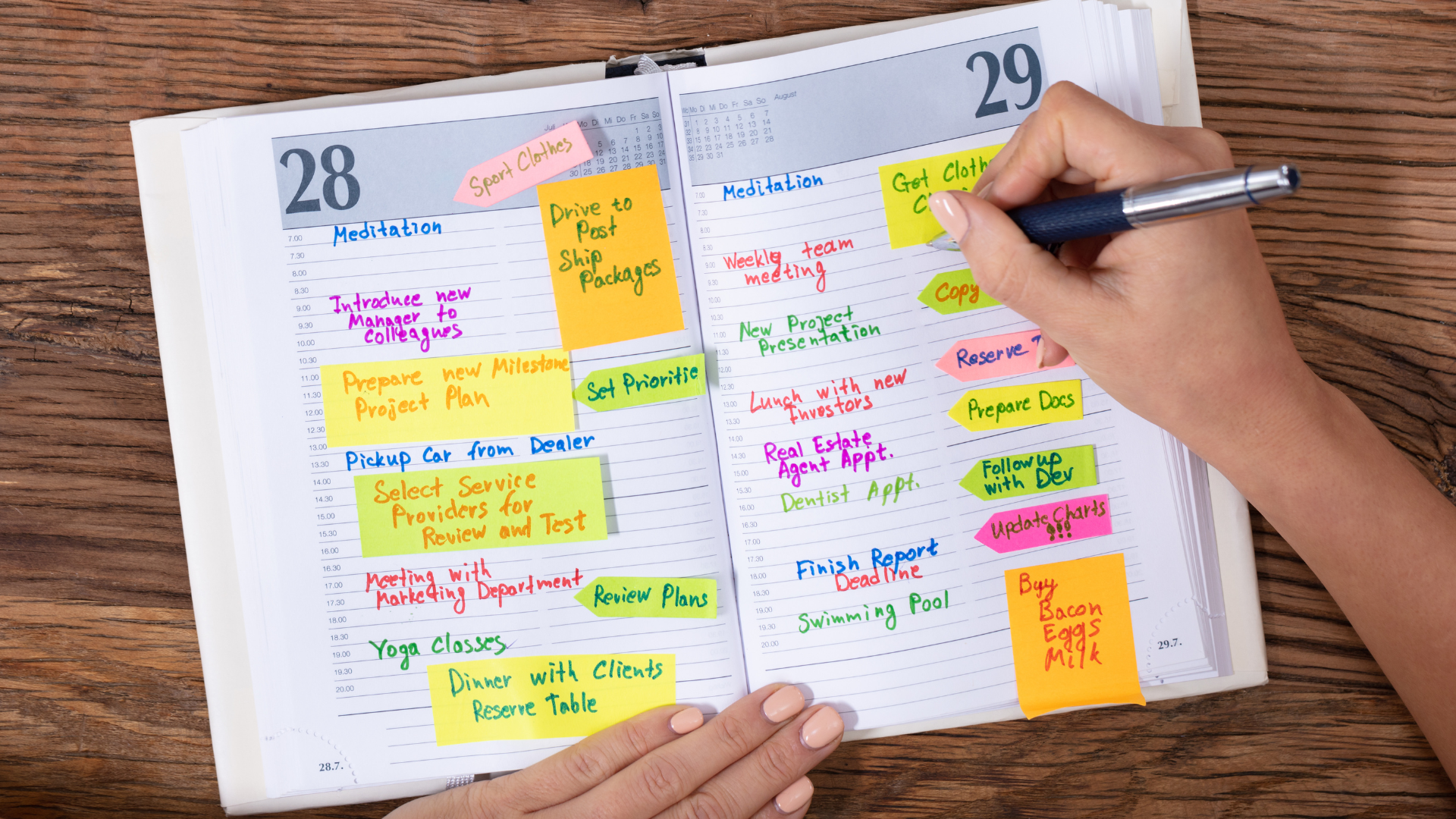How to Protect Your Back: Safe Movement Tips for HHAs and CNAs
Caregiving is a hands-on career that requires strength, patience, and dedication. For Home Health Aides (HHAs) and Certified Nursing Assistants (CNAs), helping clients with mobility, lifting objects, and standing for long hours can take a toll on the body—especially the back.
At Fordham Institute Inc., we believe that taking care of yourself is just as important as taking care of your clients. Practicing safe movement techniques helps prevent injuries, reduce strain, and keep you strong for the important work you do every day.
1. Bend with Your Knees, Not Your Back
When lifting, squat down by bending your knees and hips—never bend forward at the waist. Keep your back straight and your core engaged as you rise.
Tip: Always keep the object or person close to your body to reduce strain.
2. Use Your Legs for Power
Your leg muscles are much stronger than your back muscles. Let them do the heavy work. Push through your legs when standing, lifting, or moving patients, instead of relying on your back.
3. Avoid Twisting
Twisting while carrying weight puts major stress on the spine. Instead, move your feet to turn your whole body in the direction you need to go.
4. Keep Your Posture in Check
Slouching while sitting or standing can slowly add up to back pain.
- Stand tall with shoulders relaxed.
- Distribute your weight evenly between both feet.
- When sitting, keep your feet flat on the floor and avoid hunching over.
5. Take Micro-Breaks
Even short pauses help. Stretch your back, shoulders, and legs throughout your shift. A quick neck roll or standing hamstring stretch can ease tension and improve circulation.
6. Use Assistive Devices When Available
If your workplace provides gait belts, slide sheets, or mechanical lifts, don’t hesitate to use them. They protect both you and your clients during transfers or repositioning.
7. Care for Your Body Outside of Work
Strengthening your core, staying hydrated, and getting enough rest all contribute to better posture and fewer injuries. Simple exercises like walking or gentle yoga can support long-term back health.
Protecting Yourself Means Protecting Your Career
Your health is one of your greatest tools as a caregiver. By practicing safe movement every day, you’ll protect your back, extend your career, and give better care to your clients.
📞 Want to start your journey as an HHA or CNA? Call
718-480-1804
Because strong caregivers know: caring for your back is caring for your future.





